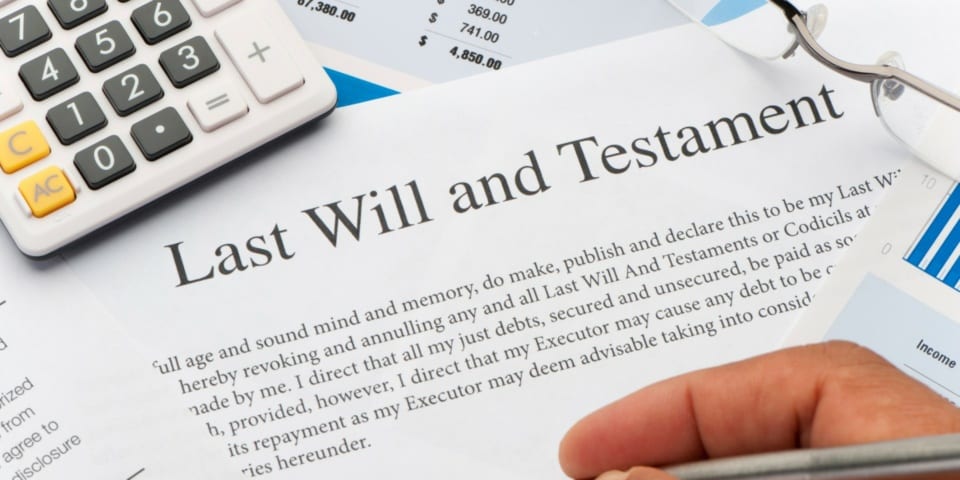Your death is not a subject about which you are likely to be the most enthusiastic. Often, it is the last thing on our minds, taken-up as we are with matters of everyday life. Whether intentional or not, this can mean we put off some important tasks – namely, the writing of a will. According to a recent study, less than half of all UK adults have a legally binding will, despite owning property. Drafting a will can be vital for a number of reasons, but is often avoided, if not for a lack of enthusiasm then instead for a lack of motivation.
Wills and Probate
Another reason why people might not feel as incentivised to draw up a will relates to probate, or the process of handling one’s estate after death. Whether or not a will has been drawn up, the probate process takes between 6 and 9 months on average to complete.
With a will, an executor is named and tasked with ‘executing’ the contents of your will; in the event that you do not write a will, a friend or family member can apply to administrate the handling of your estate. In both cases, close relatives and spouses remain able to access probate loan products as inheritance advance – though the situation for friends and other relatives may be different. Why is that?
What is Intestacy?
The essential purpose of your will is to ensure your assets are divided according to your wishes, whether between family, friends, trusts or charitable organisation. Without a legally binding will – and regardless of any otherwise indications of who might have a rightful claim to what amongst your estate – rules of intestacy apply.
Intestacy rules state that only the closest of family members to a deceased individual can lay claim to any form of inheritance. This means that your estate would only be divided amongst surviving relatives or spouses – and that ‘common-law’ partners not bound by marriage or civil partnership would not automatically receive anything besides jointly-owned assets.
Intestacy can be managed by your family after death with something called a deed of variation, but this can come with costly legal fees – and could also devolve control of your estate to family members you may not want in control after your death. If you have no surviving close relatives, then your estate goes to the Crown as ‘unclaimed’.
Shrewd Finances
Intestacy aside, writing a will can also be hugely beneficial with regard to the value of your estate, and the value of your loved ones’ respective inheritances. Without a proper and targeted approach to estate planning, Inheritance Tax can carve a significant portion out of the monies your relatives do receive.
In drawing up a will, you not only make it easier for parts of your estate to make it to loved ones, but also make it so they receive as much of that money as possible. There are a number of ways in which you can reduce the tax liability of your estate, one of which is to donate 10% or more of it to charitable organisations – qualifying you for a reduced tax rate if still above the £325,000 estate value threshold.

